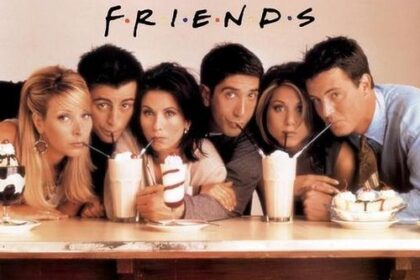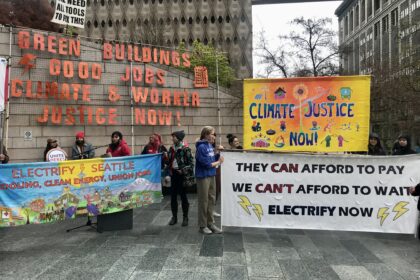This essay was published in the Homeward zine created by 350 Seattle in July 2023.
I have an obsession with books about the history of food. I love to learn about how a cuisine developed because it tells the story of the region’s geology, soil, rivers, culture, religion, politics, wars, architecture, technology… I recently read The Food of France (1958) by Waverley Root, and it unexpectedly brought me to tears. Even though it seems a perfectly pleasant book about why the French make pot-au-feu and which months to buy goat cheese and which city’s bouillabaisse is really the true bouillabaisse and which vintages of wine are the best, I was overcome with a profound sadness and envy. I don’t have a connection to my homeland like the French. When I ask my French mother-in-law for recipes, the knowledge and advice she gives me has been passed down generation to generation by family members who lived where she lives, who ate food grown in the same pastures and sustained by the same rivers as she. The food that I make isn’t tied to the history of the land I am on and neither am I.
Perhaps I embody the American experience. My paternal grandparents immigrated from China. My maternal grandfather immigrated from Cuba, and my maternal grandmother is descended from the original English pilgrims who were on the Mayflower. I have kept up this family tradition of migration by choosing a profession in which I am often relocating. My relatives have always been scattered all over the US, so there is no hub that calls to me as “home.” Even Houston, the city where I grew up, is not exactly home. There is nothing about me or my culture that is necessarily Houstonian. My family is from everywhere, and I have lived all over, yet I don’t feel like I belong anywhere.
My grandmother wrote in her autobiography,
“Where your ancestors’ bones are buried is thought to be the place where your soul is stored, and it says much about your character, your perception of yourself, and your place in history. My old home is and always will be Hunan, and I will always be Hunanese, even though I left the place when I was a toddler and went back for the first time only in my old age.”
So, for someone like me, who is the descendent of many immigrants from many countries, where is my soul? Fractured among the continents?
The women in my mother’s family have always tended to a garden. There is a picture in my childhood home of my Great Grandma Bell enveloped in the greenery of her voluptuous Maryland garden. Even though the soil on which our suburban Texas house was built was originally poor and too clay-heavy, my mother was able to cultivate a garden and feed us from it. Every year, we were sated by piles of green beans, a kitchen counter full of tomatoes and cucumbers, bushels of basil, and so many jalapenos that they went into every dish.
Maybe, if you are the result of multiple diasporas, your soul is not where your ancestors are buried but where you bury it. You plant your soul in this foreign soil, and it will grow where you nourish it, where you find beauty, where you create community. I am not currently tied to any land. I’ve kept the seed of my soul in my pocket, ready to move on to the next city, the next country, at any moment. But maybe I can nestle it deep within this ground where I am now and see what comes up.




